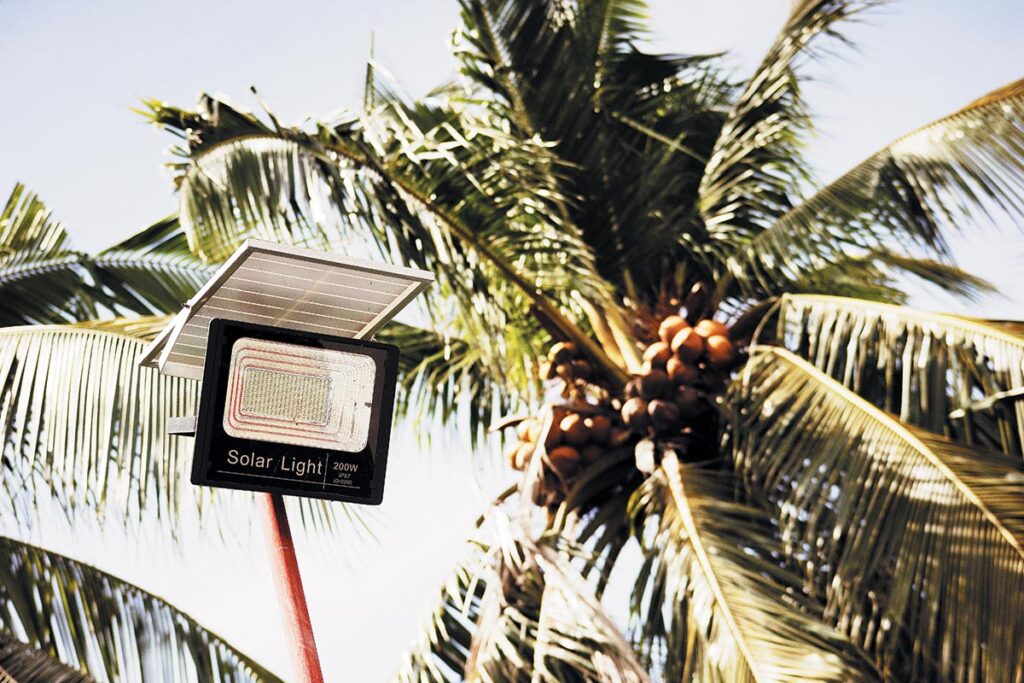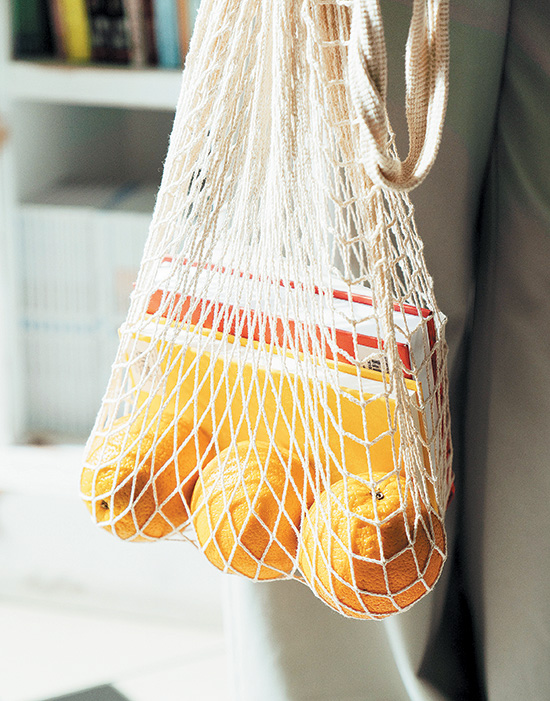The ways we treat our environment contribute to the future of our planet.
From our health to our natural resources, it truly affects everything and, as Earth’s inhabitants, we should do our part when it comes to its preservation and protection. Being environmentally conscious from the smallest to the biggest ways can make our world a better place.
The home is one great place to start practicing green habits. In our safe space, we can already contribute to reducing waste, cleaning the air, and preserving natural resources, among others, in many ways possible.
Here are some green choices we can make at home that we can turn into a habit of doing this year. Let’s do it for our planet!
A garden set-up
Whether you have your own home or renting a condominium or apartment, having your own garden is possible, and it has tons of benefits, too.
Apart from organically growing your own food and making your own space more pleasing to the eye, gardening can benefit the environment. Through the process of photosynthesis, not only do plants convert the carbon dioxide we exhale into fresh oxygen, but they can also remove toxins, chemicals and bacteria from the air we breathe.

Also, growing plants can make your home feel cooler. Some plants have the ability to act as coolers and humidifiers. This can help avoid relying on air conditioners to cool the air, which can have long-lasting effects on our environment. Plants at home can help reduce the use of fossil fuels.
Install solar lights
Solar-powered lights generate electricity directly from the sunlight. Not only can it be a money-saver when electricity bills get sent, but it can also contribute positively to the environment. The energy used by the light-emitting diodes (LEDs) can light up your house without any carbon or greenhouse gas-like emissions.

Most sectors use lights that emit dangerous chemicals to the environment, especially when it comes to the release of landfill waste. Solar lights, on the other hand, have no toxic elements whatsoever, protecting the environment from such.
Reuse your bags
Single-use plastic bags have been proven to harm the environment. It can harm creatures of the sea and pollute bodies of water. Moreover, they are all made from petroleum and can fuel the extraction of fossil fuels.

Keeping reusable eco bags around the house can already be a big help for our environment. Eco bags are made of recycled materials about to be put to waste, conserving the environment by biodegrading after numerous uses. Use these for your shopping needs and kindly decline when cashiers ask if you want plastic bags.
Another use for glass
Glass bottles and jars can be of great use at home. People can use these as containers for their spices and condiments, as well as other items.
Recycling glass can help reduce the space in landfills usually taken up by used glass and bottles. Doing so also reduces carbon emissions, raw material consumption, energy use and waste.
From leftovers to fertilizer
Composting recycles any organic matter into valuable fertilizer that enriches plants and soil. Leaves and food scraps are some examples that people can use as organic matter.
Food scraps are examples of the trash we throw away on a daily basis. Food waste can be a complete burden on the environment and it costs so much to process. Instead of food waste piling up in landfills, people can use it for practical purposes by turning it into fertilizer.
Moreover, food composting improves soil health as it contains the proper nutrients needed by garden crops. Truly, it is an organic alternative to synthetic fertilizers that contain harmful chemicals.
To make fertilizer out of food scraps, take your fruit & vegetable peelings, nuts, and/or eggshells, among others, and sprinkle these with some wood ash and sawdust to boost the composting process. Then, mix these food scraps with natural waste like grass clippings and leaves in the compost bin. Mix the compost thoroughly two to three times a day until it becomes a soil-like mixture. Mixing it thoroughly gives out oxygen to the mixture.
Voila! You now have an eco-friendly fertilizer you can use to grow your flowers or crops.
